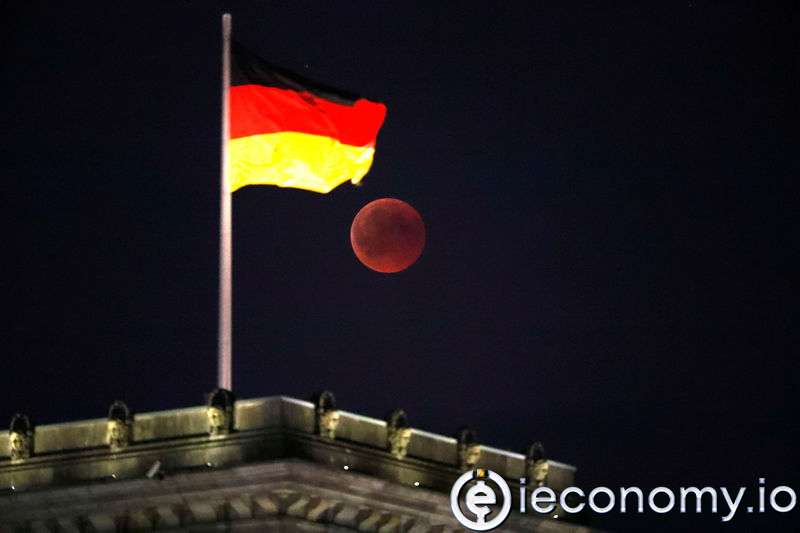1882
0
Germany's 10-Year Bond Yield Reaches 2% for the First Time Since 2013
The euro hit a 20-year low and German benchmark 10-year bond yields hit 2% for the first time since 2013 as fears of recession

Yazar: Charles Porter
Yayınlanma: 23 Eylül 2022 14:36
Güncellenme: 9 Şubat 2026 07:06
The German 10-Year Bond Yield Reaches 2% for the First Time Since 2013
The euro hit a 20-year low and German benchmark 10-year bond yields hit 2% for the first time since 2013 as fears of recession and higher interest rates further weighed on sentiment towards Eurozone assets.
The euro fell as low as $0.9772 while the 10-year Bund yield consolidated around 1.95% after rising as high as 2.01%. This week's retreat following the US Federal Reserve's announcement that it will keep raising interest rates until next year has increased pressure on other central banks to follow suit or risk a rapid depreciation of their currencies. The Deutsche Bundesbank warned earlier in the week that signs that Europe's largest economy was heading for recession were growing rapidly, while European Central Bank Isabel Schnabel told T-Online in an interview on Thursday that Germany would be hit harder than the rest of the eurozone by a shortage of Russian natural gas this winter. "A recession here could potentially be inevitable," Schnabel said. Uncertainty in the Eurozone is also heightened by the Italian elections, where opinion polls suggest a right-wing coalition government led by Giorgia Meloni's 'Brothers of Italy' party. Although the prospective members of the coalition have softened their anti-EU and anti-euro rhetoric during the campaign, doubts remain as to whether they will implement the reforms that outgoing Prime Minister Mario Draghi has prepared to ensure that Italy receives billions of euros in EU support to recover from the pandemic. Without these funds, the new Italian government may struggle to stimulate growth, especially in an environment of sharply rising interest rates that increase the cost of servicing its massive debt burden. The yield on Italy's 10-year debt has already risen above 4.20%. Follow Global Economic Developments on Social Media! Click here to follow Ieconomy official Facebook account! Click here to follow Ieconomy official Instagram account! Click here to follow Ieconomy official Twitter account!İLGİLİ HABERLER





European stocks soared and focus shifted to German retail sales after Powell's speech!

Forex Signal For TRY/USD: Inflation Slowdown in November.

Forex Signal For GBP/USD: Bullish Trend Still Not Breaking While Recovery Continues.

Forex Signal For EUR/USD: Starry US Data Points to Higher Fed Increases.

Forex Signal For BTC/USD: Downside Continues as Bitcoin Recovery Moves Less.
En Popüler Haberler
Yorum Yap
Yorumlar
Henüz yorum yapan yok! İlk yorumu siz yapın...